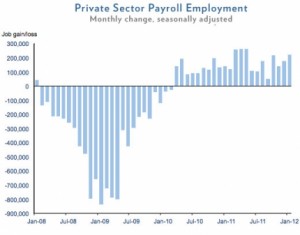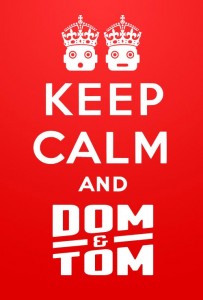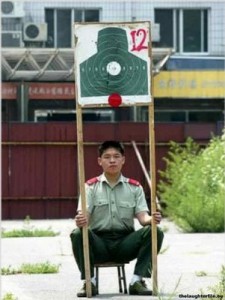Hi friends,
I’m working on a series of posts that I’m going to tentatively title: How to Create Jobs.
It’s a 3-part post that will be published next Monday, Wednesday, and Friday.
Post #1: The current landscape in America (or anywhere in the modern world, really)
I’m going to do a cursory dive into what I saw happening in 2009, when I first coFounded my company with my brother , where we are now in 2012, and what we’re facing in the next three-to-five years. Disclaimer: I’m looking into a tech-specific sector of the economy, but I have a theory that by 2020 most of what we consider “the tech industry” will be so pervasive in the other industries that it’ll be meaningless to distinguish the “true” tech industry from any other industry. But that’s for another post.
Post #2: What it takes to create a job, and keep them
I’m going to talk about the talent pool we have right now, what it takes to actually create a job, and how to make sure that job will last. I’m focusing on people in their 20s and 30s, and not worrying about skilled/unskilled labor in their 40s-60s.
Post #3: Why it’s the #1 priority for EVERYONE to job-create immediately
I’m going to make the claim that the inequalities of modern society, specifically in America with the 1% pitted against the 99%, can be solved by radical job-creation in the marketplace, which will better re-distribute wealth than any other tax or stimulus program from the government. And why if we fail we’re probably heading towards severe civil discord the likes which we have not seen in 175 years.
This is a topic I am sincerely passionate about. I encourage as many of you reading in the next few days to comment, share and participate in any other way you deem fit.









